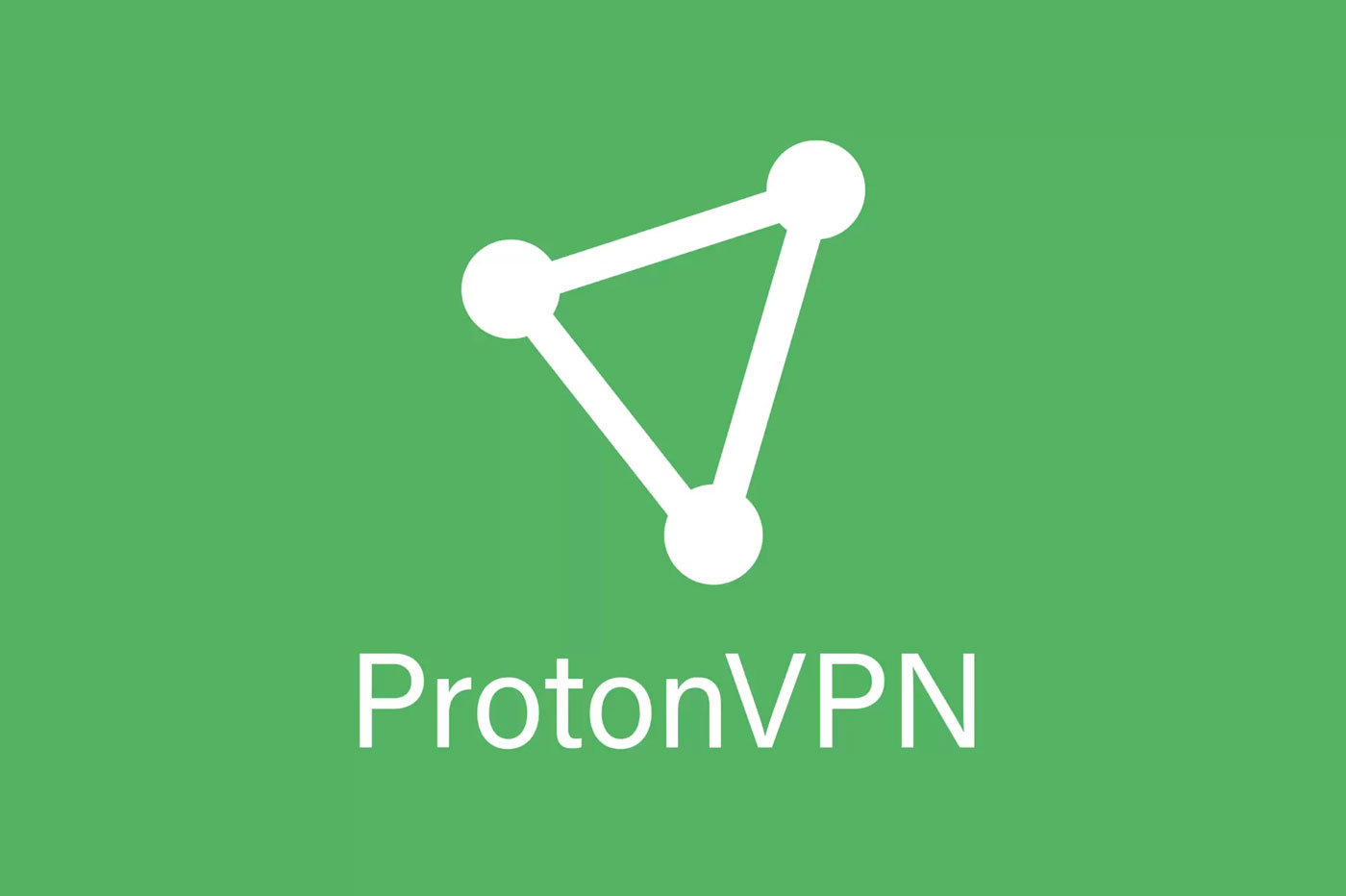
Free VPNs are a tricky business since you always have to ask how the company is covering the costs of such an offering. Some services see it as a chance to encourage upgrades or just as free advertising for the paid service. Others, however, host third-party ads, which means you may be targeted based on your browsing habits—potentially killing the point of using a VPN in the first place—while others might be analyzing the websites you visit in the name of optimization or big data collection.
If you plan on using a VPN long term it’s a good idea to pay for the privilege. That way you get more server locations, more simultaneous device connections, and sometimes even better speeds. Restrictions on free services vary by service provider, but there are always restrictions of some kind.
Nevertheless, free VPNs are good if you just want to try out a service for a while, or if you only need a VPN every now and then. If you’re looking for the best free VPN for Windows, here are our top recommendations.
If and when you decide to upgrade to full-fledged paid service, check out our comprehensive roundup of the best VPN services—our recommendations vary from this list once money is on the line.
1. ProtonVPN – Best overall

Pros
- Fantastic speeds
- Easy-to-use multi-hop feature
- Supports TOR over VPN connections
Cons
- Only one device connection with free version
When it comes to Windows and free VPNs you can’t beat ProtonVPN. The free version only allows one device connection at a time per account, but that’s all you need if Windows is your focus.
ProtonVPN’s speeds are second best in our tests of the paid services, but ProtonVPN does limit free account speeds somewhat to what it calls “Medium speed.” These speeds were entirely acceptable, however, for all the various things you might want to do such as video streaming or regular web browsing. Note, however, that explicit Netflix support is not part of the free offering.
We also like ProtonVPN’s app design, which can be expanded to a larger version with an interactive map. Alternatively, it can be reduced to something more like a smartphone app.
ProtonVPN requires an email address and password to use the free version and users are limited to three country choices.
Read our full
ProtonVPN review
2. Windscribe – Best for multiple devices

Pros
- Secure.link Generator is a helpful link-shortening service
- Works with Netflix
Cons
- Rather small data limit
Windscribe is the value choice if you want a lot of extra features and fewer limitations than other free services with one big exception. Namely, that you only get 10GB worth of data per month. That is not enough for a lot of video streaming, but it’s fine for everything else.
As a trade-off there are no device limits and you get 10 location choices, which is more than most free services. The Windscribe app is also pretty straightforward
Windscribe requires you to sign up with an email address.
Read our full
Windscribe Pro review
3. Hide.me – Also recommended
![]()
Pros
- Good download speeds
- Easy-to-use Windows app
- No-logs promise
Cons
- Speeds were inconsistent in our tests
- One device at a time
Hide.me is a mix of both ProtonVPN and Windscribe. Similar to Windscribe you only get 10GB per month with the free version, and like ProtonVPN you only get one device at a time. Country choices are narrowed down to four with two regions in the U.S. for a total of five location options.
Read our full
Hide.me review
What to look for in a free VPN on Windows
When you’re shopping for a free service for Windows the criteria are similar to what you’d consider for a general free VPN. You want a service that is not displaying third-party ads or harvesting your browsing habits. Privacy is key with VPNs and even on a free one there’s no reason to compromise.
Next, you can consider what’s important to you such as ease of use with an interface you understand, speeds, and country choices. That last point is going to be fairly restricted when going free, because that’s standard practice for free VPNs. Nevertheless, if you want a U.S. connection, for example, most free services will offer that.
If you’re hoping to use Netflix overseas with a free VPN you may be out of luck. Sometimes it might work on a regular U.S. server, but for the most part Netflix streaming requires specialty servers provided as part of a premium package. Other streaming services, however, may not be as picky as Netflix is when it comes to detecting VPN connections.
How we test VPNs
All VPNs tested on Windows go through a three-day process. Each day we test the VPN speeds in five different countries plus the base speed without a VPN connection. Each country is tested three times per day taking the average.
When the testing is done we take the average of the base speed, and the overall global average of the VPN speeds. Then we represent the drop from the base speed as a percentage. The idea is to show how generally good a VPN is across all locations, and not just Europe or the United States. We also don’t show specific megabytes-per-second speed since those speeds can vary greatly, but how much dip to expect as a percentage can be more generalized.
Free VPNs can sometimes hamper the speeds compared to what you see on free VPNs; however, that’s not as much of a concern here as all the VPNs we recommend have good speeds regardless.
Finding a good free VPN for Windows is fairly simple. It all depends on whether you prioritize features like unlimited data usage, extra features, or a higher number of country options.
Thinking of using your VPN for something other than with a Fire Stick? Check out more of our best VPN roundups to help you make the right decision:
- Best VPN for gaming
- Best free VPN
- Best free VPN for Chrome
- Best VPN for streaming Netflix
Author: Ian Paul, Contributor

Ian is an independent writer based in Israel who has never met a tech subject he didn’t like. He primarily covers Windows, PC and gaming hardware, video and music streaming services, social networks, and browsers. When he’s not covering the news he’s working on how-to tips for PC users, or tuning his eGPU setup.
